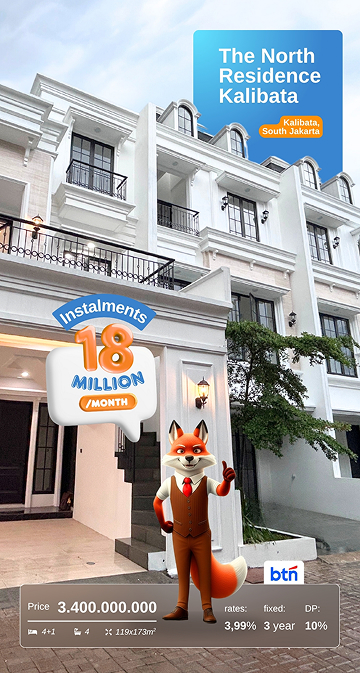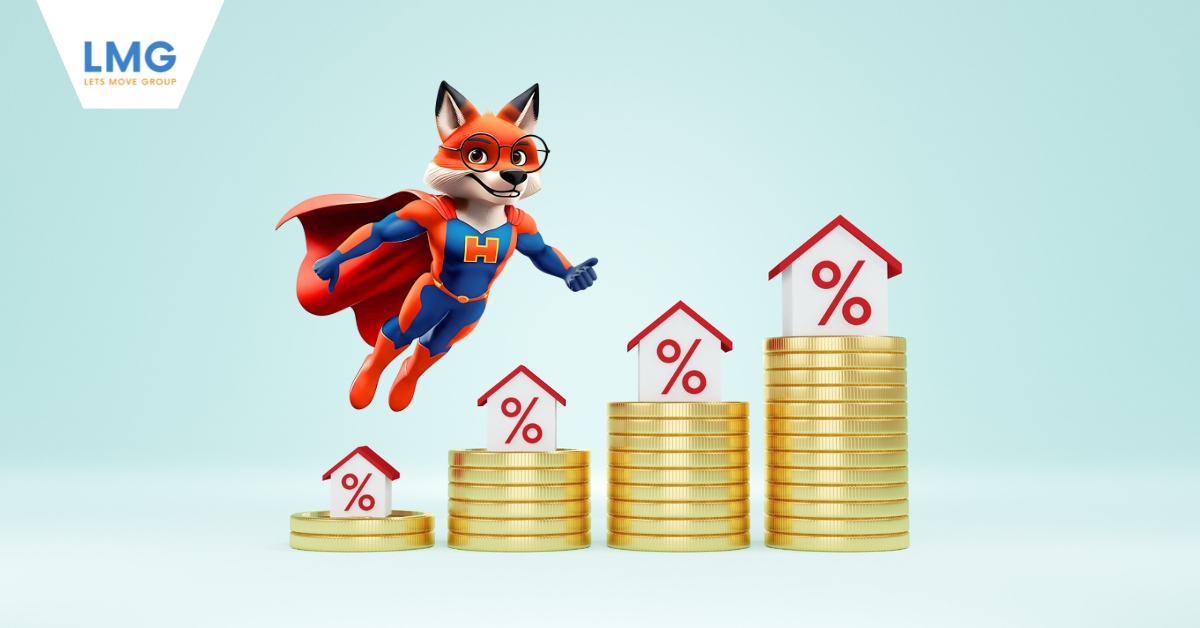Have you ever dreamed of owning a home or a personal vehicle? If so, you may already be familiar with the term "down payment" or DP. Down payment is an important instrument in high-value purchases, such as property and vehicles.
What is a Down Payment (DP)?
DP is an upfront payment made when purchasing an item or asset through credit. It typically ranges from 5% to 50% of the total price and helps the buyer secure the purchase and the seller obtain a guarantee of the buyer's seriousness.
Total Uang Muka (TDP)
Selain DP, ada juga TDP yang mencakup DP, biaya asuransi, angsuran awal, dan biaya administratif. TDP biasanya berkisar antara 10% hingga 30% dari total biaya.
Manfaat Uang Muka (DP) dalam Pembelian Properti
Uang muka (DP) merupakan pembayaran awal yang dilakukan pembeli saat membeli properti, baik secara tunai maupun melalui kredit. Besaran DP umumnya berkisar antara 10% hingga 30% dari harga properti.
The Benefits of a Down Payment (DP)
Lower Monthly Installments
The larger the DP you pay, the smaller the remaining loan you need to repay. This results in lower monthly instalments and a lighter financial burden for the buyer.
For example, if the property price is Rp 500 million and the buyer pays a 20% DP, the remaining loan to be repaid is Rp 400 million. Monthly instalments with a 20% DP will be much lower compared to a 10% DP.
2. Faster Debt Repayment
A large DP means a smaller remaining loan, so the time it takes to repay the debt is also shorter. This allows the buyer to fully own the property faster and avoid longer interest payments.
With a 20% DP, the buyer can repay the loan within 10 years, while with a 10% DP, the repayment period can reach 15 years.
3. Lower Interest Rates
A large DP shows the buyer's commitment and ability to repay the loan. This makes the bank more confident in providing a loan with a lower interest rate.
Banks generally offer lower interest rates for buyers with a 20% DP compared to a 10% DP.
Drawbacks of a Down Payment (DP)
Initial Capital Requirement
DP requires substantial upfront capital and can be a barrier for buyers with financial constraints.
The buyer needs to prepare sufficient funds to pay for the DP, notary fees, taxes, and other costs.
2. Higher Interest Rates
Buyers with a small DP will have a larger remaining loan. This results in a higher interest rate due to the higher credit risk for the bank.
Buyers with a 10% DP will be charged a higher interest rate compared to buyers with a 20% DP.
3. Risk of Fines
Late or non-payment of DP in accordance with the agreement may result in fines from the developer or bank.
Make sure to understand and comply with the DP payment terms to avoid fines.
Down Payment Schemes in Home Ownership Credit (KPR)
In Indonesia, KPR typically requires a down payment of 10% to 20% of the property price. A larger down payment can help you get a lower KPR interest rate.
A down payment is an important instrument in high-value purchases. By understanding its benefits and drawbacks, you can choose the right DP to realise your dream. Lets Move Group is ready to help you achieve that goal.
Lets Move Group: Your Trusted Partner for Home Ownership
Lets Move Group helps you find the best KPR scheme and secure a loan with a DP that suits your abilities. Consult your dream home financing with Lets Move Group, free of charge! Lets Move Group, gratis!














